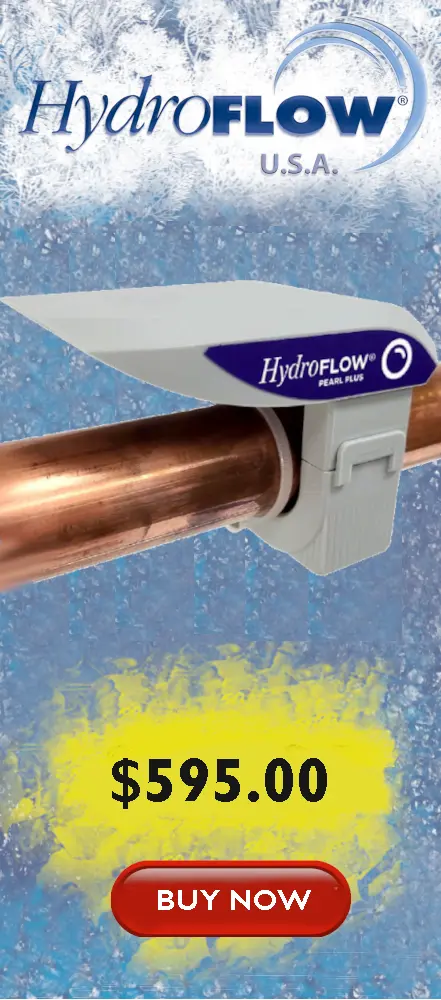West Virginia
Water Quality in the State of West Virginia
West Virginia is a picturesque tree-covered state on the east side of the United States, located on the Appalachian mountains. It is a popular destination for nature enthusiasts due to a multitude of outdoor recreational activities including the scenic Appalachian hiking trail. Most of West Virginian’s water supply comes from aquifers and rivers like the Ohio River, which enters the state from Pennsylvania and flows southwest along the West Virginia Ohio border. West Virginia capital, Charleston, is on the Kanawha River, which is fed in part by the Elk River – the main water supply for nearly 300,000 of the state's residents.
Water Hardness Summary
West Virginia water is considered slightly hard. The average water hardness for the West Virginia resident is around 101 PPM. The highest hard water number comes from Wheeling at 129 PPM, the city with the softest water is Charleston with 62 PPM. Huntington water is 121 PPM and is considered moderately hard according to the USGS water hardness table.
For more information on water hardness in specific cities, please see table below.
PPM = Parts Per Million
mg/L = Milligrams Per Liter
gpg = Grains Per Gallon
Manufacturing and Water Hardness
West Virginia's top manufacturing industries are Chemical, Automotive, Biotech and Aerospace. Product processing in most manufacturing plants require water. Cooling towers and HVAC are imperative to keeping operations running smoothly. Given that West Virginia has relatively hard water, industrial facilities can experience issues related to scale buildup; their equipment can deteriorate at a rapid pace and experience efficiency loss.
Solutions to your Water Quality Problems
Fixing your water quality issues in the state of West Virginia will depend on your specific water source. It is best to test your potable water supply in order to get a better understanding of your water quality. Testing is relatively cheap. The test results will allow you to understand if your potable water has issues that need to be addressed. Common solutions to water contamination problems may include a water filtration system, a reverse osmosis system or other whole home water treatment solutions.
A problem that some West Virginia residents will have to deal with is hard water. One old-fashioned, inefficient, expensive and unhealthy method to treat hard water is with a salt-based water softener. Most people don’t realize that if you’re using a water softener you are basically removing calcium and magnesium from your drinking water and adding salt to your diet. In addition, many states are banning the use of salt-based water softeners.
Alternative water treatment solutions such as “water conditioners” have been gaining popularity in recent years because they are cheap to operate and the best eco-friendly solution for hard water. Hydropath technology, which powers the HydroFLOW water conditioners is by far the most efficient, cost-effective and eco-friendly solution to deal with hard water problems. To learn more about how HydroFLOW solves the problems created by hard water, please check out our technology page. You might want to read this blog that explains the difference between water conditioners and water softeners: Water Conditioner vs. Water Softener Blog.


